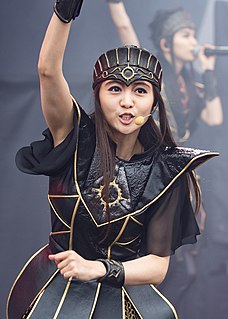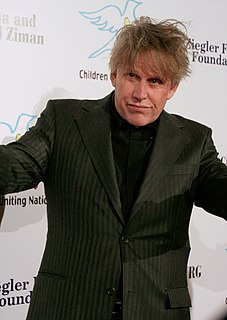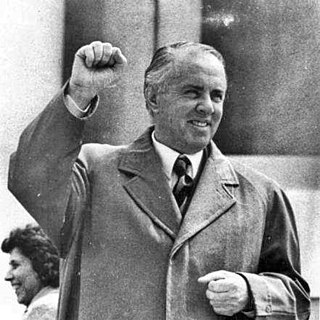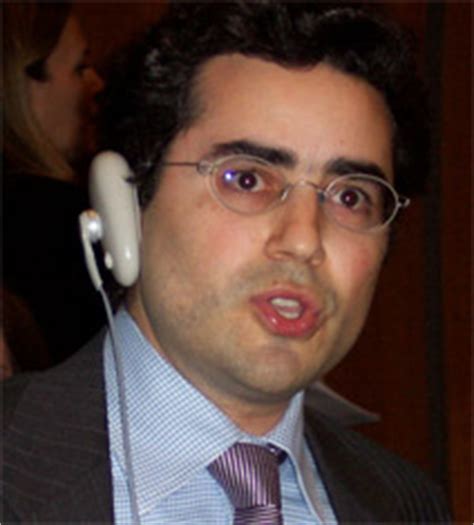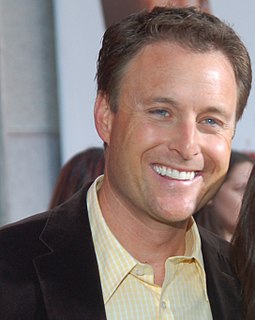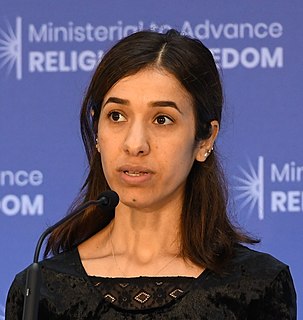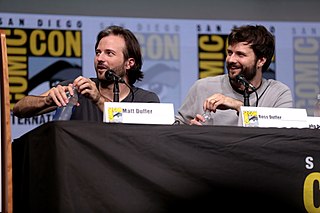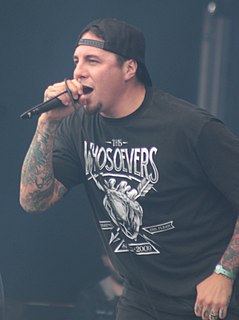A Quote by Pauline Oliveros
That was at the Michigan Womyn's Music Festival in about 1989. There were 6,000 women there, and they were out in a meadow, and I offered the tuning meditation and they did it.
Related Quotes
The sacrifices of our people were very great. Out of a population of one million, 28,000 were killed, 12,600 wounded, 10,000 were made political prisoners in Italy and Germany, and 35,000 made to do forced labour, of ground; all the communications, all the ports, mines and electric power installations were destroyed, our agriculture and livestock were plundered, and our entire national economy was wrecked.
If in the past, you didn't cry out when thousands of protesters were killed and injured by Turkey, Egypt and Libya, when more victims than ever were hanged by Iran, women and children in Afghanistan were bombed, whole communities were massacred in South Sudan, 1800 Palestinians were starved and murdered by Assad in Syria, hundreds in Pakistan were killed by jihadist terror attacks, 10,000 Iraqis were killed by terrorists, villagers were slaughtered in Nigeria, but you only cry out for Gaza, then you are not Pro Human Rights, you are only Anti-Israel.
Not to get too deep, but I was brought up by these women who if you wanted to label them, maybe they were feminists, but you know what? They never asked for that or wanted it and they never got up on a soapbox and spoke about it, they just did it. They did their work, they did their jobs, they were who they were.
What was nice about the nineties is that it was an example of music that responded to a desire of the times. It spoke to the social conditions of the times. Women were making more money. Women were saying, "My voice counts. If we're going out on a Friday night, I don't want to see a Rambo movie. I want to go see a singer/songwriter who sings about my life".
I first visited the Toronto fest in 1979, its fourth edition, when it was known as the Festival of Festivals and had an audience of about 40,000. I happily returned to the 10-day skein nearly every year thereafter, as attendance swelled to 400,000 and it grew into the most influential film festival in North America, perhaps the world.


